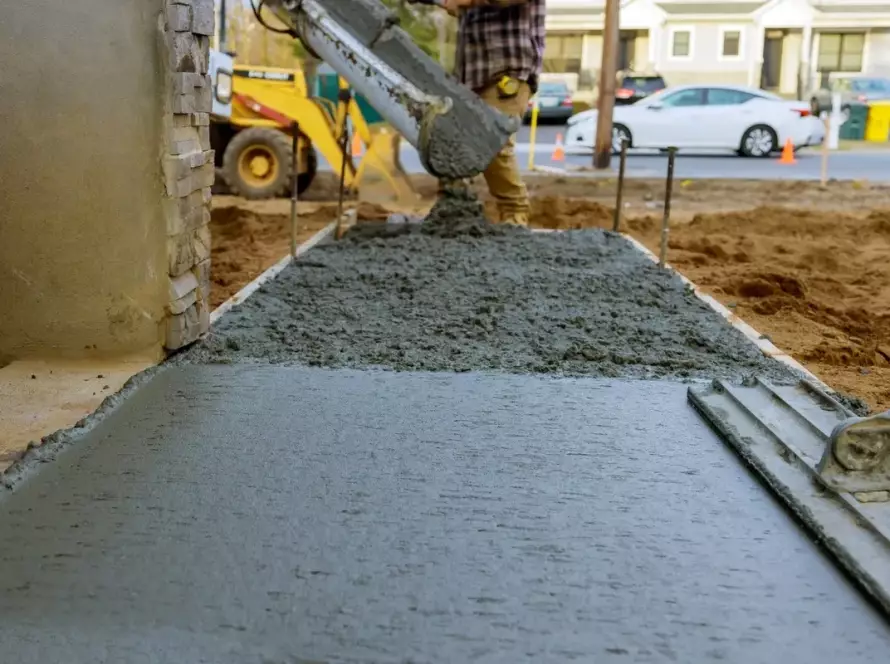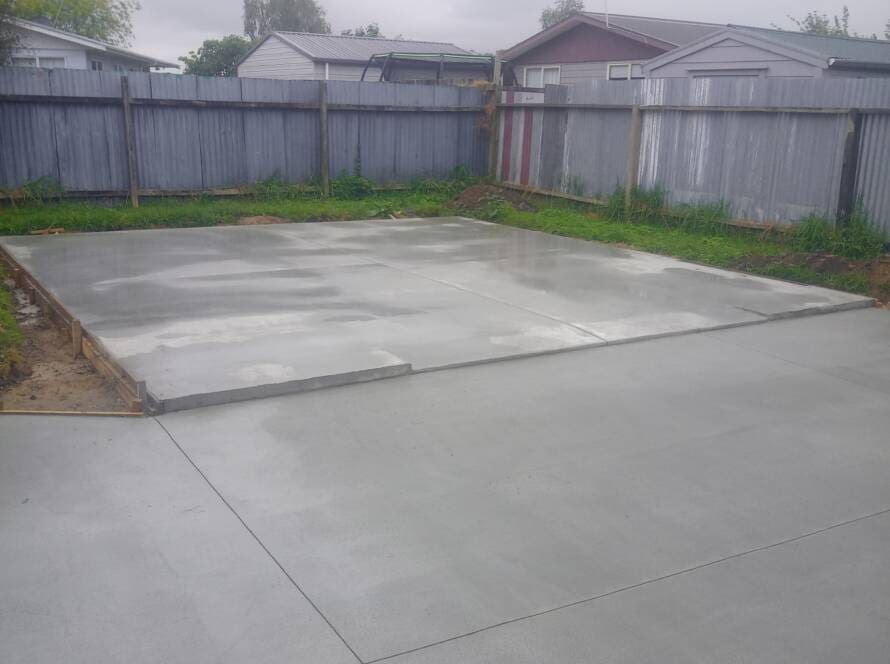Concrete flooring has long been a staple in construction due to its unparalleled strength and adaptability. Beyond just durability, today’s concrete floors are engineered with advanced materials and treatments, making them suitable for residential, commercial, and industrial spaces. This article explores what makes concrete flooring an essential choice, how it can be tailored to specific needs, and the technical aspects that highlight its importance.
Understanding Concrete Flooring
Concrete flooring is constructed by pouring a concrete mix, a blend of cement, water, and aggregates, onto a prepared subfloor. Once the concrete cures, the result is a surface known for its compressive strength and resilience. This flooring can be customised with various finishes, colours, textures, and sealants to suit different environments and design preferences.
Concrete floors serve multiple roles, from providing a stable, low-maintenance surface to enhancing thermal mass for better energy efficiency. Thanks to innovations in construction techniques and materials, concrete floors now have enhanced properties, such as increased stain resistance, aesthetic appeal, and even environmental benefits.
The Importance of Concrete Flooring in Construction
Concrete flooring is a popular choice because it meets both structural and aesthetic needs. Here are key reasons why it’s integral to construction:
- Durability and Load-bearing Capacity: Concrete floors can endure high levels of stress and wear, making them ideal for high-traffic and heavy-load areas such as garages, factories, and warehouses. Its strength-to-cost ratio also makes concrete an affordable option with minimal maintenance.
- Energy Efficiency and Thermal Mass: Concrete has excellent thermal properties, making it ideal for passive solar building designs. Its high thermal mass allows it to absorb and retain heat, contributing to lower heating and cooling costs by stabilising indoor temperatures.
- Customization Options: Concrete flooring can be polished, stained, stamped, or coated with epoxy to achieve various looks and functions. This adaptability makes concrete a versatile flooring solution, suitable for both minimalist modern spaces and traditional interiors.
- Environmental Sustainability: Concrete flooring contributes to eco-friendly construction in various ways. As a product made from abundant natural resources, concrete has a relatively low carbon footprint, especially when produced locally. In addition, its durability minimises the need for replacement, reducing resource consumption over time.
Types of Concrete Flooring Finishes
Concrete floors can be treated with different finishes based on the function and aesthetic needs of the space. Here’s a look at some common concrete flooring finishes:
- Polished Concrete: This finish involves grinding the surface with finer abrasives, creating a smooth, reflective surface. Polished concrete is ideal for spaces that require a high-gloss look with easy maintenance, like retail stores and modern offices.
- Stamped Concrete: Stamping involves pressing patterns into freshly poured concrete to mimic materials like stone, brick, or tile. Stamped concrete is commonly used in outdoor areas such as patios and walkways for its decorative appeal.
- Epoxy Coating: Epoxy resin is applied to concrete floors to create a high-gloss, seamless finish resistant to stains and chemicals. It’s widely used in garages, kitchens, and industrial spaces where spills and wear are common.
Permeable Concrete: A Sustainable Option
Permeable, or pervious, concrete is an innovative variation that allows water to pass through its surface, reducing runoff and promoting groundwater replenishment. This type of concrete is made by omitting finer aggregates, creating a porous structure ideal for areas prone to flooding or that need better water management, like driveways or parking lots.
Permeable concrete plays a key role in sustainable construction by reducing stormwater management needs and lowering the risk of erosion. Additionally, it helps urban areas mitigate heat island effects by allowing water to cool the surface as it infiltrates.
Maintenance Requirements for Concrete Flooring
While concrete is known for its durability, maintaining a concrete floor is essential to prolong its life and appearance. Here’s a look at some maintenance recommendations:
- Sealing and Resealing: Concrete floors require periodic sealing to protect them from stains, moisture, and abrasion. Sealants can also add a layer of gloss, making the floor look polished and new.
- Cleaning Routine: Regular cleaning prevents dust and grime buildup, which can wear down the surface over time. Sweeping or using a soft mop and a mild cleaner can help maintain its appearance.
- Addressing Cracks Promptly: Although concrete is tough, cracks may develop due to movement, temperature fluctuations, or other stresses. Repairing these early prevents further damage and maintains the floor’s structural integrity.
Enhancing Indoor Air Quality with Concrete Floors
Concrete floors can improve indoor air quality compared to other flooring materials like carpet or wood, which can harbour dust, allergens, and mould. When sealed and maintained correctly, concrete floors do not release VOCs (volatile organic compounds) and are hypoallergenic, making them an ideal choice for sensitive environments such as hospitals, schools, and homes with individuals who have allergies.
Choosing Concrete Flooring for Your Project
When selecting concrete flooring, it’s essential to evaluate the purpose and requirements of the space. For example, polished concrete offers low-maintenance and aesthetic appeal suitable for residential or commercial interiors, while epoxy-coated concrete provides high resistance to chemicals, ideal for industrial settings. Permeable concrete, on the other hand, supports environmental sustainability, especially in outdoor areas that benefit from water permeability.
Concrete flooring offers an unmatched combination of durability, versatility, and sustainability. With advanced finishes and sustainable options like permeable concrete, today’s concrete floors serve a wide range of functional and aesthetic needs. Proper maintenance and attention to application ensure that concrete floors remain an enduring choice for years to come. For any project considering concrete flooring, it’s essential to partner with experienced professionals like Rock Solid Worx to ensure the installation meets both structural and environmental standards, making it a strong foundation for any space.




